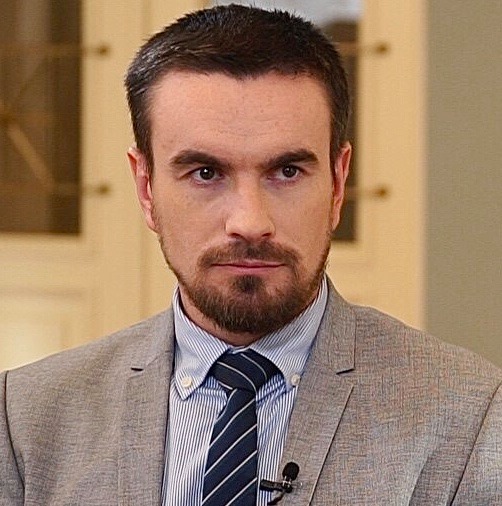We are pleased to present a new, twenty-third, issue of Belarus Foreign Policy Index, in which we explore Belarus’s foreign policy in the five key dimensions throughout November and December 2014. Further, building on the findings of our previous reports, we would like to give you a brief round-up of the year 2014.
Throughout the entire year 2014, the relationship between Belarus and Russia progressed in a contradictory and inconsistent manner. Formally, integration processes within the framework of the Customs Troika continued; however, commercial disagreements persisted, and the conflict between Russia and Ukraine further complicated the engagement. On a quantitative basis, the Russian dimension remained the most significant one during most of the year; however, it also comprised more negative points than any other foreign policy priority area.
In Belarus’s relationship with the European Union, the trend that was first outlined back in 2013 — a gradual increase in the number of diplomatic contacts amid the elaboration of a substantive agenda for negotiations — remained throughout 2014. Four rounds of intergovernmental consultations on modernization and two rounds of consultations on visa facilitation were held. The Belarusian administration kept emphasizing the need for normalizing its relationship with the EU during the entire year of 2014.
As Belarus’s cooperation partner China became the disappointment of the year. Minsk’s originally inflated expectations made the discontent with the lack of any progress in the relationship with China especially bitter. However, despite the delays in the implementation of the project to create the China–Belarus Industrial Park (CBIP), Minsk and Beijing started discussing another megaproject — the Silk Road Economic Belt.
Belarus’s relationships with “developing countries” showed excellent progress throughout the year 2014; however, it was during the second part of the year that they peaked. The chief reason for this is the country’s search for new markets amid increasingly complicated relations with the West and deepening troubles in the Russian economy. In its policy on the developing world, Belarus mostly focused on the Middle East, Africa, and Southeast Asia.
An important achievement of Belarus’s foreign policy in 2014 was that the country managed to keep Ukraine a friendly nation and one of the main trade partners. Official Minsk’s neutral position on the crisis in Ukraine and the peacemaking efforts of the Belarusian president in the resolution of the Donbass conflict not only further strengthened the relationship between Belarus and Ukraine, but also contributed to defusing tensions in Minsk’s contacts with the West.
Read the full text of the twenty-first issue of Belarus’ Foreign Policy Index in PDF



